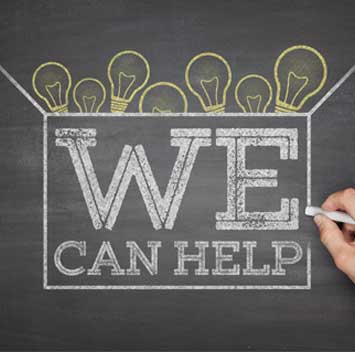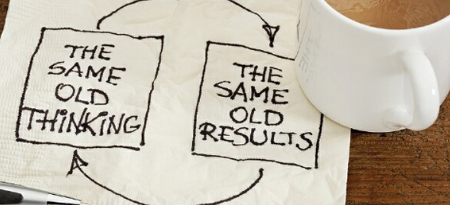What to do when you are alone for the holidays
Posted by Collaborative Counseling

What to do when you are alone for the holidays
The holidays can be a difficult time for people who are alone. Whether you are by choice or by circumstance, spending the holidays without loved ones can be lonely. However, there are many things you can do to make the holidays enjoyable, even if you are alone.
Here are some tips:
- Acknowledge your feelings. It is okay to feel sad, lonely, or even angry about being alone for the holidays. Don’t try to suppress your emotions or pretend that you’re not feeling anything. Allow yourself to grieve the loss of companionship and the holiday traditions you may be missing.
- Reach out to others. Even if you can’t be with loved ones in person, you can still connect with them through phone calls, video chats, or social media. You can also reach out to friends or neighbors who may also be spending the holidays alone.
- Create new traditions. If you are missing out on traditional holiday activities, create new ones that you enjoy. For example, you could cook your favorite meal, watch your favorite holiday movies, or go for a walk in nature.
- Give back to your community. Volunteering is a great way to meet new people and make a difference in the world. There are many opportunities to volunteer during the holidays, such as serving meals at a soup kitchen or donating gifts to children in need.
- Take care of yourself. It is important to take care of yourself both physically and emotionally during the holidays. Make sure to eat healthy, get enough sleep, and exercise regularly. You should also avoid alcohol and drugs, as they can worsen feelings of loneliness and depression.
Here are some specific activity ideas for spending the holidays alone:
- Cooking and baking: Cooking and baking can be a fun and rewarding way to spend the holidays. You can try new recipes, experiment with different flavors, and create delicious dishes to enjoy yourself. You can also bake cookies or other treats to give to friends and neighbors.
- Watching movies: Watching movies is a great way to relax and escape into another world. You can watch your favorite holiday movies or try something new. You can also watch movies that are set in other countries or cultures to learn more about different traditions.
- Reading: Reading is another great way to relax and escape into another world. You can read fiction or non-fiction books, depending on your interests. You can also read holiday-themed books to get into the spirit of the season.
- Taking walks: Taking walks is a great way to get exercise and enjoy the outdoors. You can walk around your neighborhood, visit a local park, or go for a hike in the woods. If you live in a cold climate, you can go for walks indoors at a shopping mall or fitness center.
- Volunteering: Volunteering is a great way to give back to your community and meet new people. There are many opportunities to volunteer during the holidays, such as serving meals at a soup kitchen, donating gifts to children in need, or helping out at a local animal shelter.
- Traveling: If you have the time and resources, traveling can be a great way to spend the holidays alone. You can visit a new city or country, or revisit a place that you love. Traveling can help you to experience new cultures and meet new people.
- Spending time with pets: If you have pets, spending time with them can be a great way to reduce stress and feel less alone. Pets provide companionship and unconditional love. You can cuddle with your pet, play with them, or take them for a walk.
- Self-care activities: Self-care activities are important for everyone, but they can be especially important for people who are alone for the holidays. Some self-care activities that you can do include taking a long bath, getting a massage, or reading a book in a cozy spot. You can also try new activities, such as yoga, meditation, or journaling.
It is important to remember that you are not alone
Many people spend the holidays alone, and there are many things you can do to make the holidays enjoyable. By following the tips above, you can create a holiday season that is both meaningful and memorable.
Additional tips for coping with loneliness:
- Be kind to yourself. Don’t beat yourself up about being alone. Remember that it is okay to feel lonely and that you are not alone in feeling this way.
- Reach out for support. Talk to friends, family, or a therapist about how you are feeling. There are also many online and in-person support groups for people who are alone for the holidays.
- Do things that you enjoy. Make time for activities that make you happy, such as reading, listening to music, or spending time in nature.
- Take care of your physical and mental health. Eat healthy, get enough sleep, and exercise regularly.

 View Our Locations
View Our Locations Request Appointment
Request Appointment






